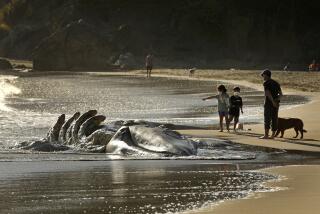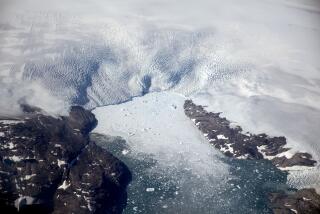Discoveries
Making Supper Safe
Why We’ve Lost Trust in Our Food and How We Can Get It Back
Ben Hewitt
Rodale: 265 pp., $24.99
The statistics are shocking: “More than 200,000 Americans are sickened by food every day, and each year 325,000 of us will be hospitalized because we ate contaminated food. Most tragically, over the next 52 weeks, 5,194 of us will die from a foodborne condition.” As sobering as these numbers are, Ben Hewitt is no preacher; his goal is to understand how, in spite of improved technology, regulation and medical know-how, we have become persistently in danger of being sickened by our food.
Hewitt interviews doctors, farmers, politicians and even victims of various drug-resistant bacteria. From veteran dumpster-divers to President Obama’s food czar, Michael Taylor, Hewitt follows trails leading to corporations and government, and also to people who live and eat outside a system they no longer trust. He reports, for example, on a 2010 raid of a cooperative called Rawesome in Venice that sells locally grown foods. Hewitt is part of a venerable tradition that includes Rachel Carson, Frances Moore Lappé, Eric Schlosser and Michael Pollan: All have relentlessly questioned decisions that are made for us, often without our knowing it.
The Snow Whale
A Novel
John Minichillo
Atticus Books: 266 pp., $14.95
“The Snow Whale” is a funny debut novel. John Minichillo uses our often cartoonish understanding of other cultures to examine the strange sparks that fly when seemingly different cultures (mall-trawling consumers, Spike Lee-wannabe ghetto boys, cubicle lifers in large corporations, Inuit whalers, Eskimo divorcees) inhabit the same neighborhood, whaling boat, igloo or, yes, mouth of a white whale. When John Jacobs overhears a coworker receiving the results of a DNA test he requested, Jacobs decides to have one too. The results come back: 37% Inuit. Suddenly, Jacobs is hungry for raw bacon. He finds himself buying tons of stuff at REI and planning a trip to Point Halcyon on the Chukchi Sea. “Please don’t come,” writes the tribal chief, but Jacobs is determined. He finds a cameraman to document his trip (Q, a street kid with a camera) and a tribal elder, Akmaaq (a belligerent detractor of the Endangered Species Act), who agrees to take Q and Jacobs on his boat in search of the Snow Whale. Reader, beware: Many serious issues are pretty much trampled here, but the result is wry, dry, pure hilarity all around.
The Upright Piano Player
A Novel
David Abbott
Doubleday/Nan A. Talese: 264 pp., $22.95
How quickly a carefully constructed life can unravel! Henry, at 58, is neat, polite, consistent and self-contained. He has just retired from the company that bears his name. He lives alone in London in the house he shared with his ex-wife, Nessa, who left him for a British soap star. (Henry would not take her back when the affair crumbled.) His estranged son reenters his life when it becomes clear that Nessa is dying of cancer. And then, one lonely New Year’s Eve, Henry is attacked by a violent man. Once a leader, once in control of his life, Henry becomes a victim. He’s also stalked, harassed and humiliated in a café when he is caught eyeing a young woman. All these events threaten to drag our basically likable protagonist into permanent despair, or worse. David Abbott weaves new characters into the plot so that a reader isn’t sure who will deliver the next blow to Henry’s integrity. And then comes a truly crushing blow: Henry’s responsibility for his beloved grandson’s death. It is a dizzying downward spiral; Abbott has peered over the edge to write this gripping novel, a reminder of how little control we have over our lives.
Salter Reynolds is a Los Angeles writer.
More to Read
Sign up for our Book Club newsletter
Get the latest news, events and more from the Los Angeles Times Book Club, and help us get L.A. reading and talking.
You may occasionally receive promotional content from the Los Angeles Times.






